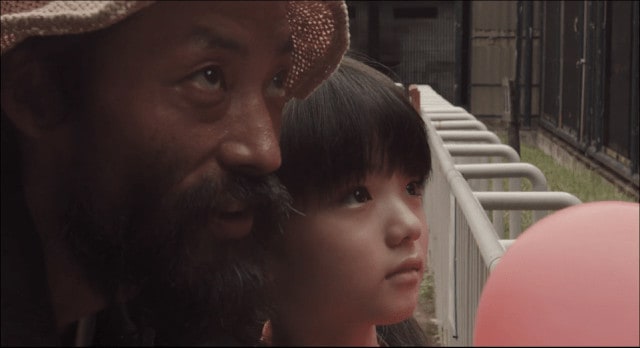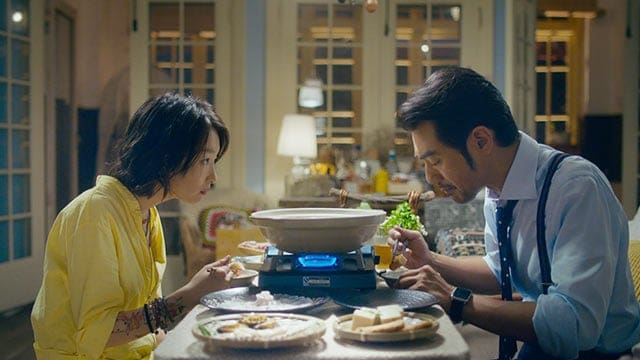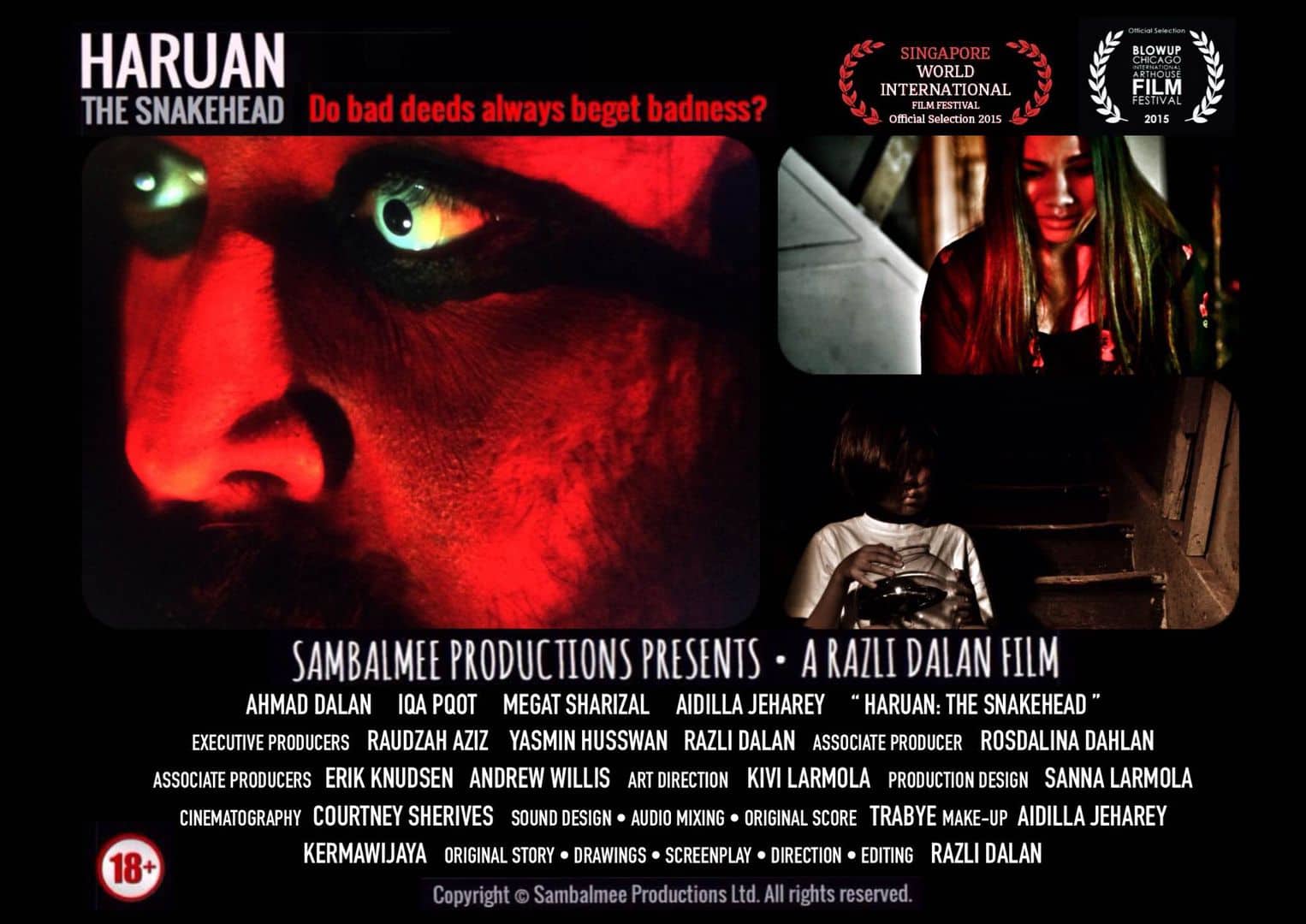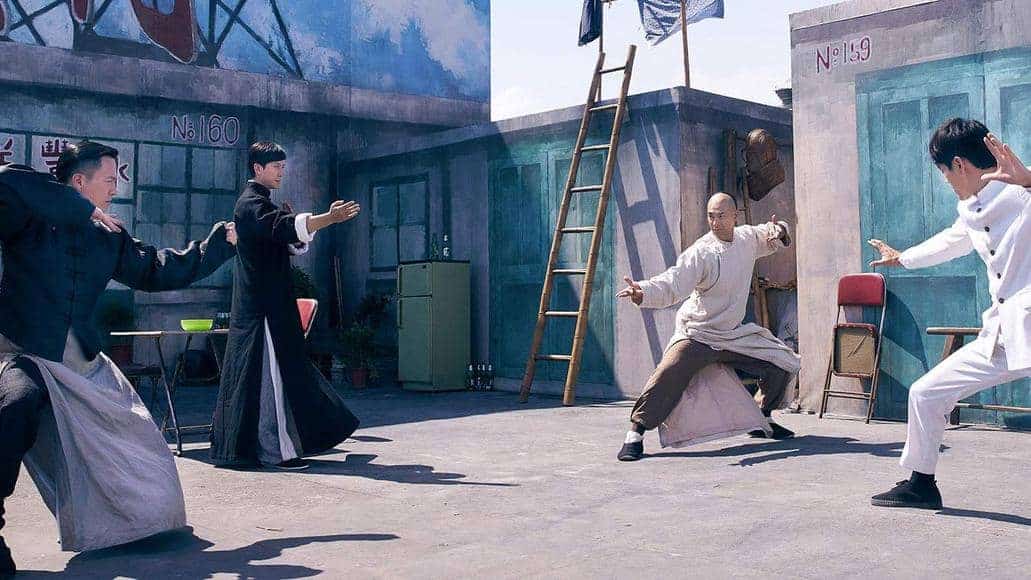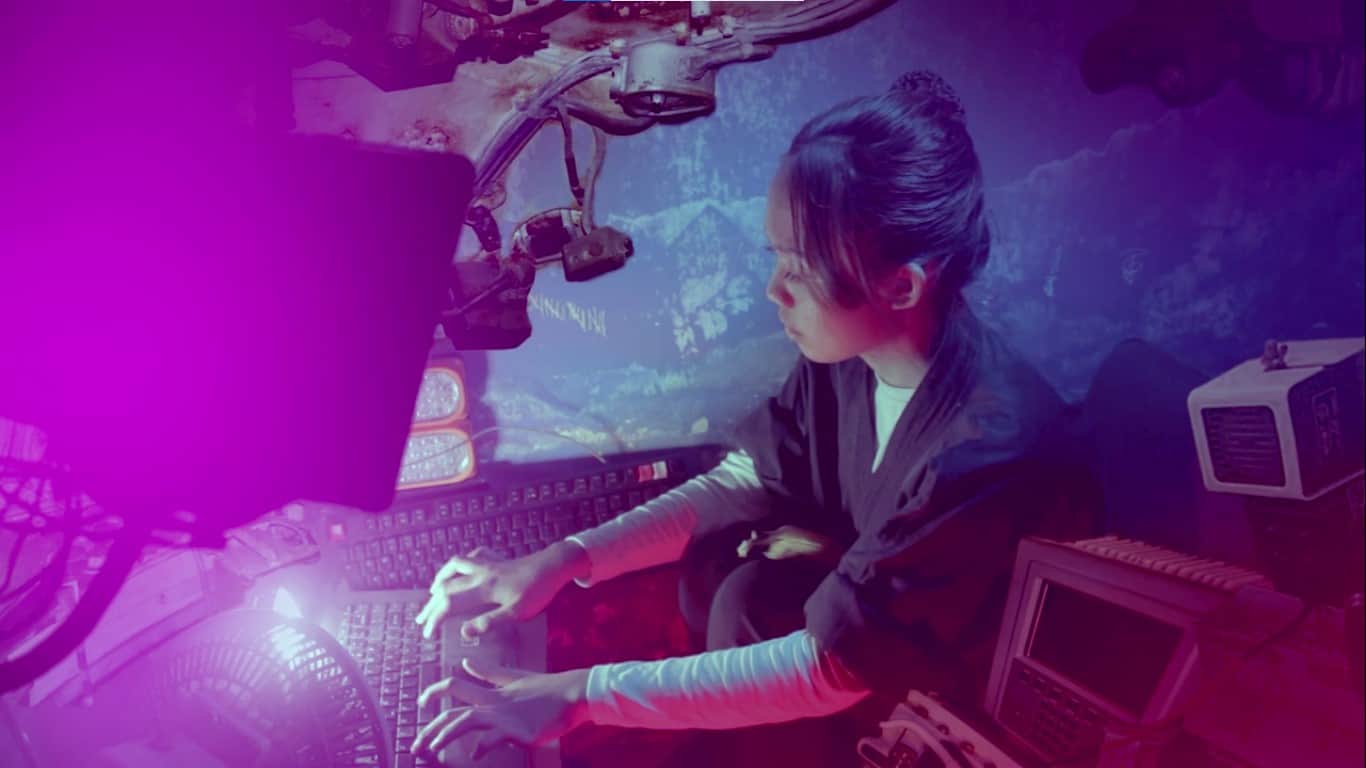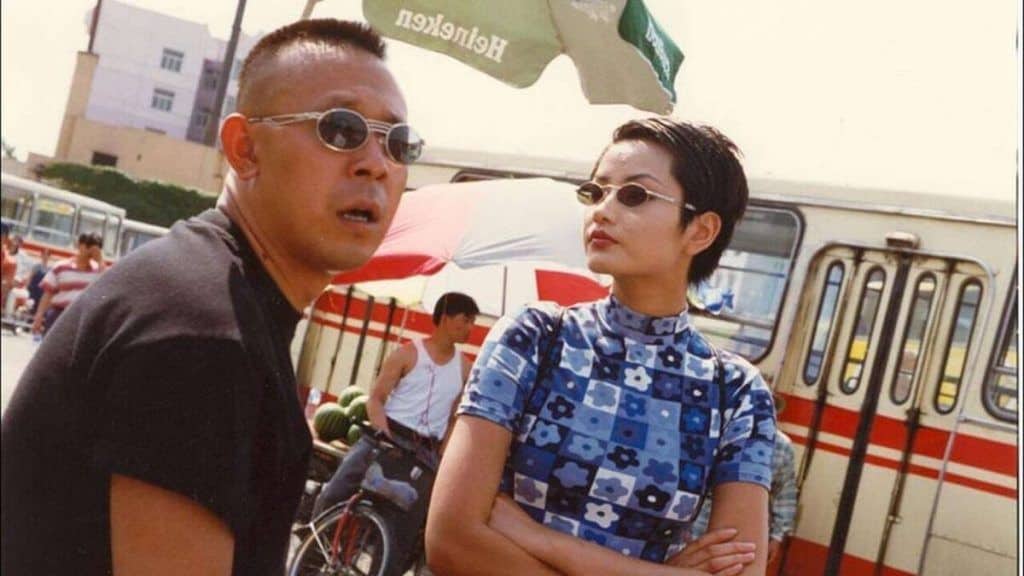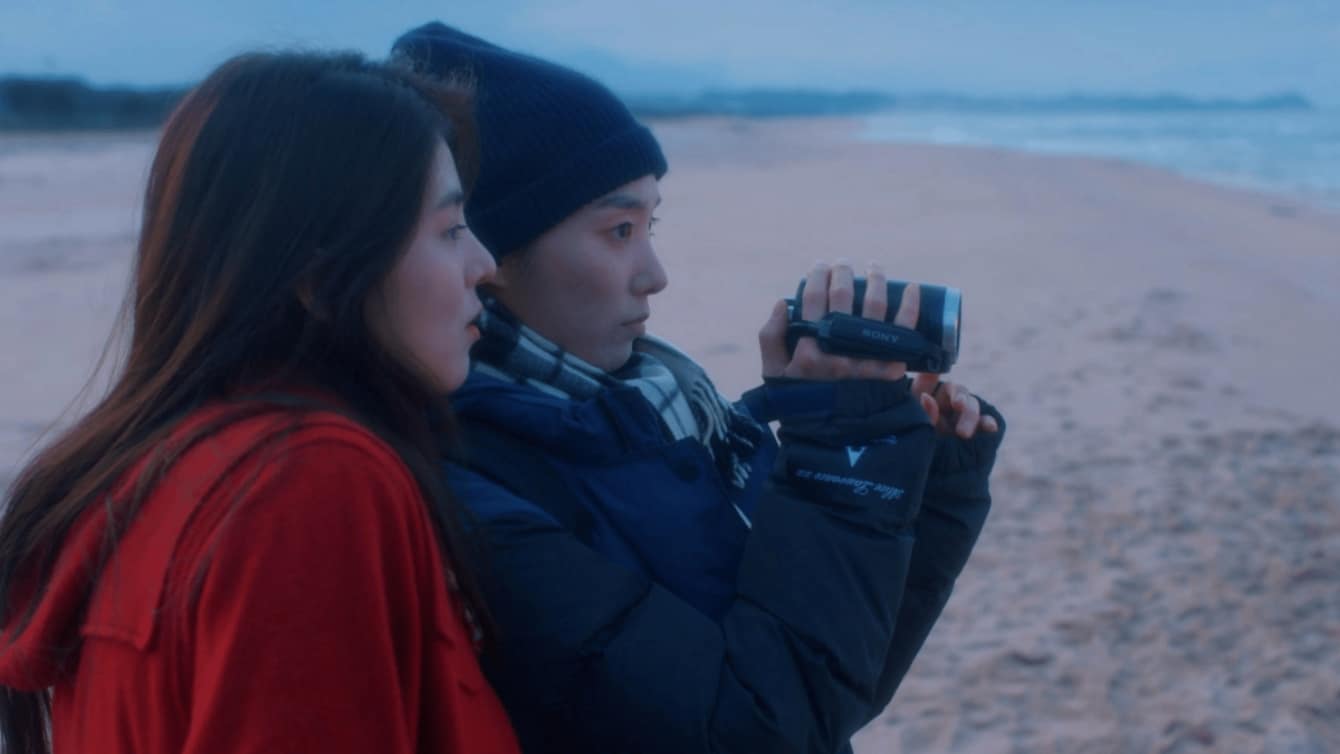After a long stay in a mental hospital, Mitsuo, visits his brother Yuta, along with Yuta's wife Yoko, and their two kids, Chie and Itsuki. A happy reunion with tears shed takes place as Mitsuo meets Itsuki for the first time. Chie takes a particular interest in the mild-mannered Mitsuo, asking him to take her to the park along with Itsuki. The outing soon turns to tragedy though, after Chie drops her baby sister, leading to her death. Scared to admit what transpired, Chie tells her parents that Mitsuo dropped Chie. To protect his niece, Mitsuo goes along with the lie, ultimately alienating him and sending him spiraling into depression. Meanwhile, Chie develops her own struggle, becoming practically mute after her confession.
“The Sower” screener at Thessaloniki International Film Festival
Following the struggles of both Mitsuo and Chie, the film focuses on their inner turmoil. Mitsuo tries to make amends with Yuta and Yoko, which falls mostly on deaf ears, causing him to wander around town planting sunflower seeds, which to him is symbolic of the event and his affection for Chie and Itsuki. Chie also becomes reflective, internalizing her pain, while carrying her secret with her through family and school life.
The film is well cast, with everyone giving a strong and realistic performance. Two actors stand out in their role, Kentaro Kishi as Mitsuo and Suzuno Takenaka as Chie. Kentaro Kishi is able to command a broad range of emotions, and his plight becomes all the more believable because of it. For the role of Chie, Suzuno Takenaka was not really informed of the events taking place within the film and was instead guided through each scene, as it was shot. This method drew out a sincere reaction to each moment from the child actor, making it one of the strongest performances I have seen from an actor of her age, in the context of a family drama.
Visually, there is not too much to stimulate the viewer. Although this is not to say that the cinematography is poor, it is just not really the focus of the film, nor does it need to be, given that the real strength lies within the script. Although feeling a bit padded, the conversations between the cast are always engaging. The way the script handles the issue of mental health and family loss with sincerity and an understanding of how a tragic event like this might unfold, is the film's strongest attribute.
“The Sower” is a competent and engaging film, which does a good job of tackling the issues of mental health and loss within a family unit. However, even with the great performances, it feels a bit over dramatized, as too much time is spent on Mitsuo and Chie being in a depressive state. There are strong emotional moments which highlight the film and should engage the viewer, but because it is often overplayed, the entire film does not have as strong of an emotional connection as it should. Some punctuation on certain moments in the film with less dwelling would have done the film a great service.
Pacing concerns aside, “The Sower” tackles a lot of tough issues with a certain grace that makes the film an engrossing watch.


